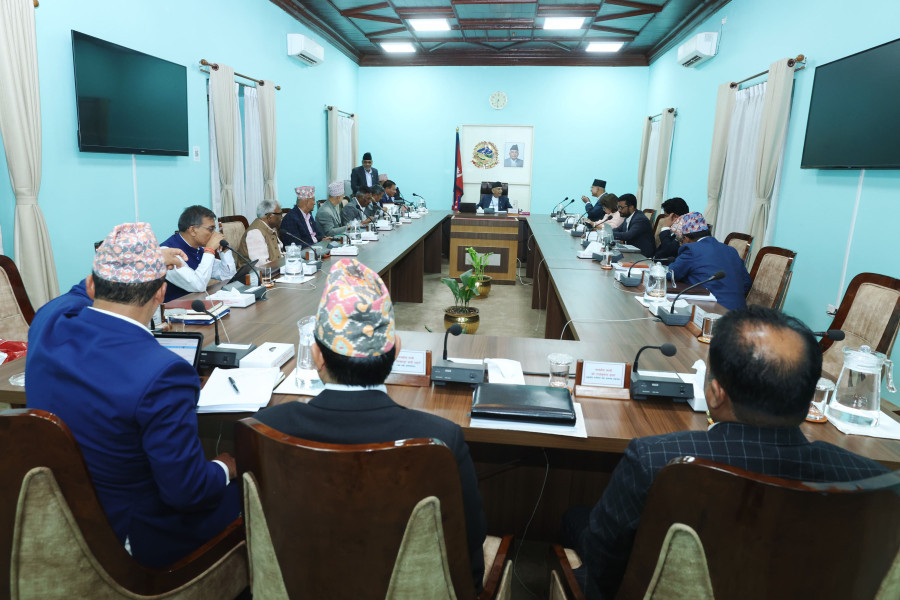Opinion
Victims first, always
If the new TJ appointees too fail, the country’s image and stability could both take a hit.
Nepal’s two important Transitional Justice (TJ) bodies—the Truth and Reconciliation Commission (TRC) and the Commission of the Investigation on Enforced Disappeared Persons (CIEDP)—which had been defunct since July 2022, have finally found their office bearers. Based on the recommendation of a five-member panel, the Cabinet on Wednesday appointed former high court judge Mahesh Thapa as the TRC chair and former Chief Secretary Lila Devi Gadtaula as the CIEDP chair. The Cabinet has also nominated members for each commission. This is another significant move by the government following the endorsement of the bill to amend the Enforced Disappearances Enquiry, Truth and Reconciliation Commission Act-2014 in August last year.
On the surface, this is a commendable step as both commissions can now be expected to work to conclude Nepal’s peace process. But these appointments come as a significant blow to the victims of the Maoist insurgency (1996-2006) and their families, who have waited nearly two decades for justice. Victims claim the appointments were politically motivated and excluded their voices, which are pivotal in the transitional justice process. Contrary to their expectations, they were never invited for consultation or dialogue in the commissions. Representing the victims, 39 organisations nudged the prime minister not to proceed with the appointments as the selection process hadn’t prioritised the victims’ interest. Nor did the chairs of two other prominent parties—the Nepali Congress and the Maoist Centre—listen to their concerns. The secrecy and speed with which the shortlist was made public—apparently without objectively evaluating the candidates’ merit, including suitability, transparency and background checks—only reinforced the victims’ belief that the party leaders were bent on fulfilling their own interests rather than on giving them justice.
This is not the first time the commissions have been formed. However, due to the incompetence of the office bearers and political meddling, they have fallen far short of the victims’ expectations. The previous commissions couldn’t do much beyond collecting complaints and limiting initial investigations in select cases, even though the 63,718 complaints related to serious rights violations in the TRC, and over 2,500 cases related to the whereabouts of the disappeared persons in the CIEDP are gathering dust. So their concerns are understandable.
Nepal cannot conclude its peace process without a victim-centric approach. Disappointed by the recent appointments, victims’ networks have even warned that they would seek a parallel commission. International rights bodies and organisations have long advocated for the victims’ meaningful engagement in the TJ process, and any move against this principle risks undermining Nepal’s legitimacy on the global stage. This warrants the new commissioners to be mindful that their work will be in the interest of the victims and their families, as envisioned by the Comprehensive Peace Accord that ended the conflict. Transitional Justice is a broad process, and there are still many mechanisms to engage conflict victims on the basis of their expertise. For instance, in provisions like establishing a peace fund to support the victims, a victim representative can be appointed to make the process more transparent and workable.
Again, the previous commissions failed to work partly due to a lack of political will and commitment to take the transitional justice process to a logical conclusion while putting the victims’ interest first. If the new appointees too fail, the whole process might be doomed—with grave consequences for the country’s stability and image.




 18.12°C Kathmandu
18.12°C Kathmandu









